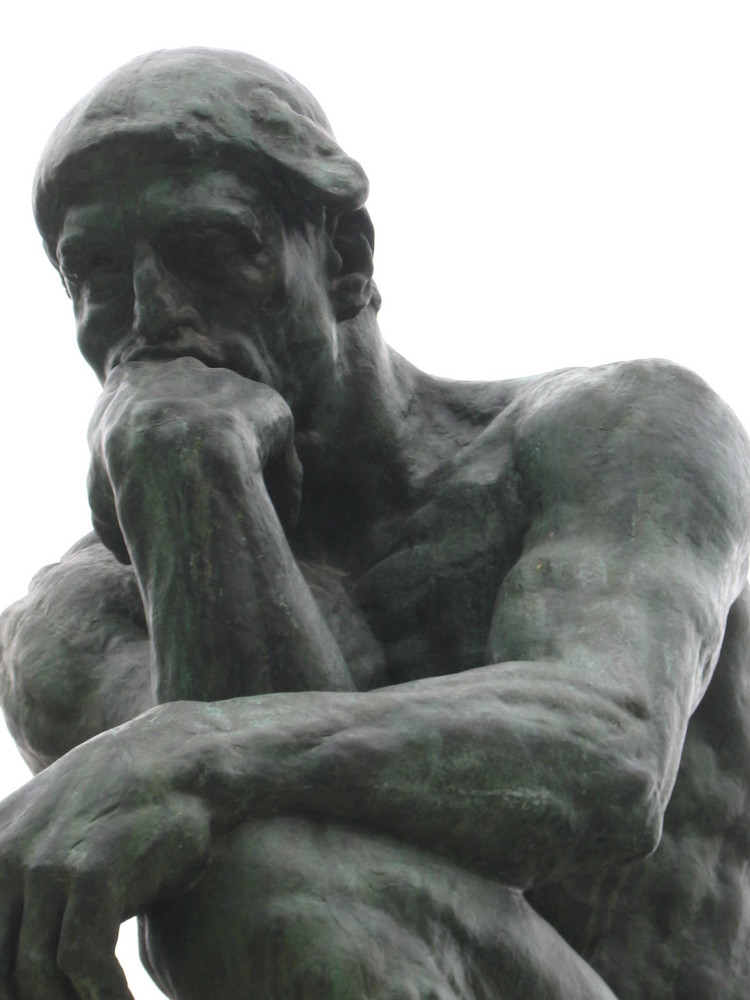Speusippus
Born some time in 408 BC. Died either 339 BC or 338 BC (age ~70).
Speusippus was a Greek philosopher. He was a nephew of Plato, and his successor as Scholarch of The Old Academy. Speusippus ran the Academy for eight years after Plato’s death, until a stroke forced him to resign.
The ideas of Speusippus were similar to those of Plato, but different in several major ways. Speusippus rejected Plato’s Doctrine of Forms. He asserted that The One and The Good were not the same. Instead, there are multiple substances (The Many) which stem from The One and which are the basis for the principles of the universe. The Good is the ultimate result, not source, of these principles. He identified the gods with the principles, acting as physical forces, which led to a charge of atheism brought against him.
Speusippus believed in the immortality of the soul. However, he asserted that the whole human soul was immortal, not only the rational part. He also believed that perception could be transformed into true knowledge through determination of how perceptions participate in rational truth.
Speusippus attempted to derive an analog to genus and species for philosophy, dividing it into three branches: dialectics, ethics, and physics.
Speusippus’ contribution to philosophy is his variation on Plato’s theories. Together with Plato and Xenocrates, they formed the three major interpretations of the ideas of The Old Academy which Aristotle would later attempt to refute. He is a noteworthy historical figure as the (hand-picked) successor to Plato at The Old Academy.
